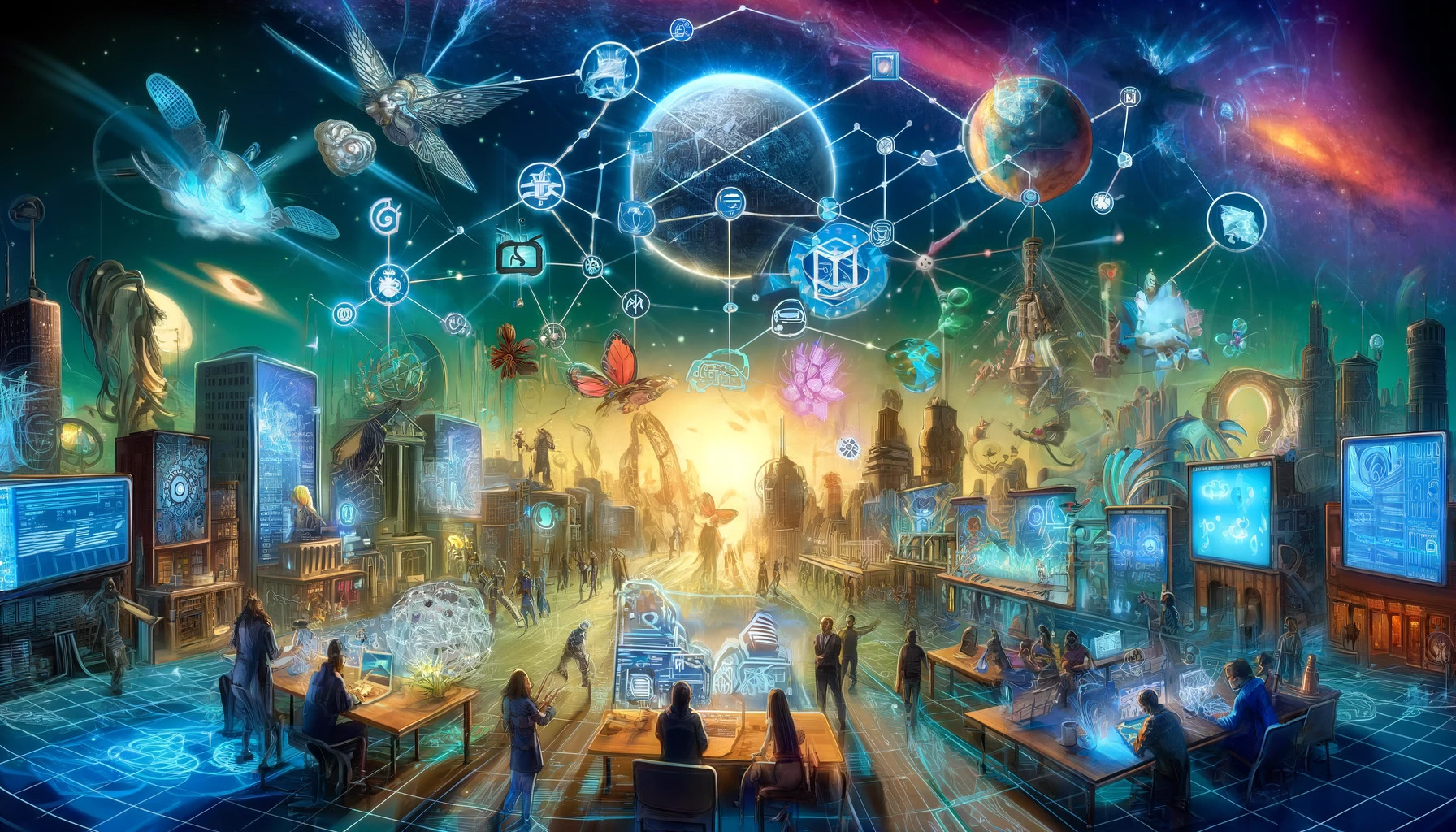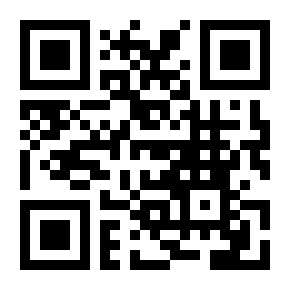
Web3 software represents the next evolution of the internet, emphasizing decentralization, blockchain technologies, and token-based economics. Understanding Web3 and its differences from traditional web technologies (often referred to as Web2) can offer various benefits:
-
Decentralization: Web3 software operates on decentralized networks, reducing reliance on central authorities and servers, in contrast to Web2's centralized infrastructure. This can lead to more resilient and censorship-resistant applications.
-
User Ownership: Web3 enables users to own and control their data through blockchain, a significant shift from Web2, where companies control user data.
-
Interoperability: Web3 applications are built to be interoperable, allowing seamless integration and interaction between different services and platforms, unlike siloed Web2 applications.
-
Enhanced Security: By leveraging blockchain technology, Web3 applications offer improved security features, making them less vulnerable to hacks and data breaches compared to traditional web applications.
-
Cryptocurrency Integration: Web3 natively integrates cryptocurrencies for transactions, enabling new business models and value exchange methods not possible with traditional web applications.
-
Smart Contracts: Unlike Web2 applications, Web3 utilizes smart contracts to automate and enforce agreements without intermediaries, leading to more efficient and trustless transactions.
-
Tokenization and Economy: Web3 introduces token-based economies, allowing for the creation, buying, and selling of digital assets and access to services, which is a new concept compared to Web2.
-
Identity and Access Management: Web3 provides users with sovereign identities, enabling them to control their online identities and access across multiple platforms without centralized gatekeepers.
-
Privacy and Consent: With Web3, users have more control over their privacy and how their data is used, a departure from the often opaque privacy practices of Web2 companies.
-
Immersive Experiences: Web3 is closely associated with the development of virtual worlds and the Metaverse, offering more immersive online experiences than traditional web applications.
-
Community Governance: Many Web3 projects adopt decentralized governance models, allowing users and stakeholders to have a say in the development and future direction, unlike the top-down governance of Web2 applications.
-
Permissionless Innovation: Web3's open and permissionless nature fosters innovation, allowing anyone to build upon existing protocols and create new applications without seeking approval from central authorities.
-
Global Accessibility: Web3 technologies aim to provide more equitable access to the internet and financial services, particularly for unbanked populations, through decentralized networks and cryptocurrencies.
-
New Revenue Streams: Web3 opens up novel revenue streams through mechanisms like token staking, yield farming, and participation in decentralized finance (DeFi) ecosystems.
-
Sustainability and Efficiency: Some Web3 technologies focus on sustainability, aiming to address the energy consumption issues associated with traditional and early blockchain systems.
-
Real-world Asset Integration: Web3 facilitates the integration of real-world assets into the digital realm through Non-Fungible Tokens (NFTs) and other digital representations, bridging physical and virtual worlds.
-
Continuous Evolution: The open-source nature of Web3 encourages continuous innovation and evolution, with the community collaboratively shaping the future of the internet.
-
Customizable Experiences: Web3 enables more personalized and customizable digital experiences, as users can control their data and how it's used to tailor services and content.
-
New Forms of Collaboration: The decentralized and open nature of Web3 fosters new forms of collaboration and co-creation among developers, creators, and users.
-
Emergent Business Models: Web3 paves the way for emergent business models that leverage decentralized networks, digital assets, and community participation, offering new opportunities for growth and development.
Understanding these aspects of Web3 can provide insights into the future of the internet and digital economy, highlighting opportunities for innovation, investment, and participation in a more decentralized, user-centric online world.


